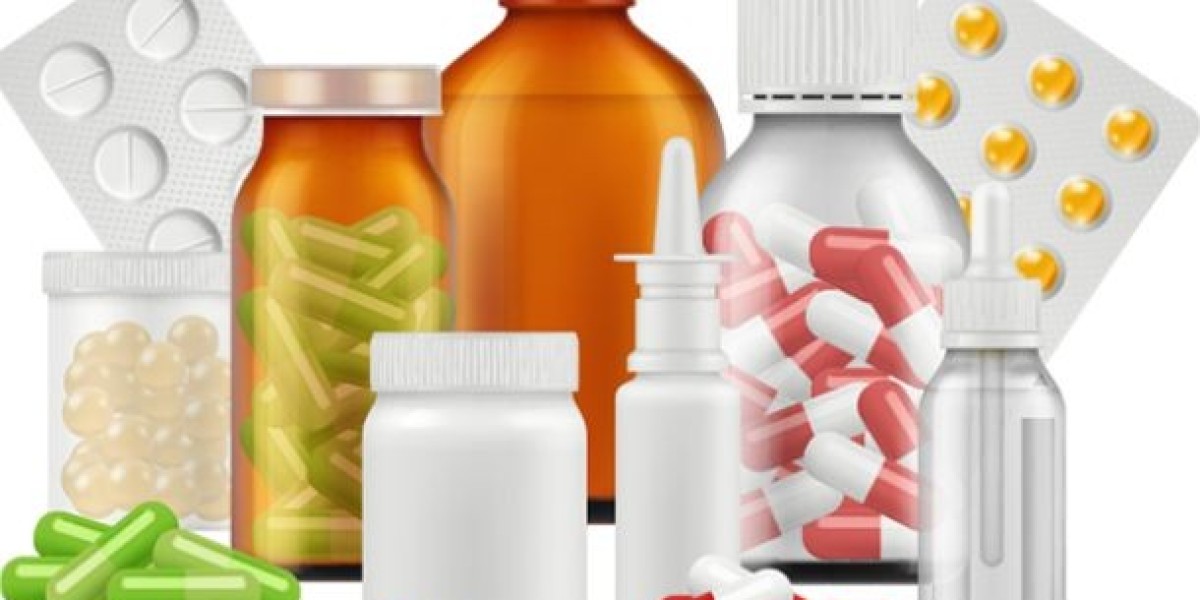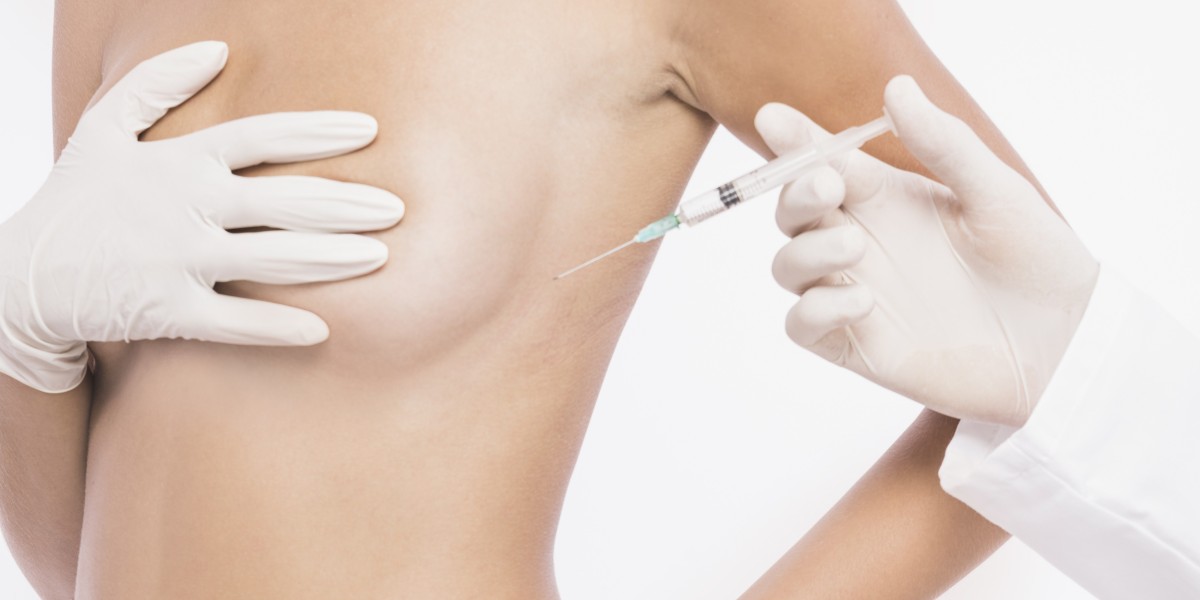The life sciences sector is one of the most crucial industries, comprising various fields that focus on understanding the human body, diseases, treatments, and improvements to overall health. Within this expansive market, Lifesciences wholesale distributors play a key role. These distributors serve as the link between manufacturers and end users, ensuring that the products and materials needed for research, development, and patient care reach the right place at the right time. In this article, we will explore the significance of life science wholesale distributors, their operations, the key players in the market, and the challenges they face.
What Are Life Science Wholesale Distributors?
Life science wholesale distributors are companies or entities that buy products in bulk from manufacturers and supply them to laboratories, healthcare providers, pharmaceutical companies, hospitals, and other end users within the life sciences sector. These products typically include laboratory equipment, chemicals, reagents, medical devices, pharmaceuticals, diagnostic tools, and other essential materials required for scientific research and healthcare applications.
Wholesale distributors in this field are not only responsible for the delivery of products, but also for ensuring the correct storage, handling, and transportation of sensitive items that may require specific conditions such as refrigeration or controlled environments.
The Role of Life Science Wholesale Distributors
Life science wholesale distributors offer a wide range of services that are vital for the proper functioning of the industry. Some of the most important roles they play include:
1. Supply Chain Management
One of the primary roles of life science wholesale distributors is managing the supply chain. They act as intermediaries between manufacturers and end users, handling large-scale orders and ensuring timely deliveries. Distributors have established networks of suppliers and customers, allowing them to efficiently manage stock levels and prevent supply shortages.
2. Quality Assurance
Wholesale distributors must ensure that the products they distribute meet the required standards and regulations. Many products, especially in the pharmaceutical and medical device sectors, must adhere to strict quality control guidelines. Distributors play a key role in ensuring that all products are properly tested and compliant with the relevant health and safety standards.
3. Logistics and Storage
Life science products often require specialized storage and transportation. For example, biologics, vaccines, and certain chemicals may need to be kept in controlled environments to maintain their effectiveness. Distributors are responsible for ensuring that these products are stored and shipped under the appropriate conditions, and they often have temperature-controlled warehouses and delivery systems.
4. Regulatory Compliance
The life sciences industry is highly regulated, with stringent rules in place to ensure the safety and efficacy of products. Distributors must stay up to date with global regulations, such as the U.S. Food and Drug Administration (FDA) guidelines, European Medicines Agency (EMA) regulations, and Good Manufacturing Practices (GMP). Compliance is crucial for preventing issues such as recalls and ensuring that end users receive safe and effective products.
5. Customer Support and Service
Life science distributors provide technical support and guidance to customers. Whether it’s assisting with product selection, offering training for lab equipment, or troubleshooting issues, distributors often offer customer service as part of their business model. This support helps customers maximize the value of their purchases and stay informed about new developments in the industry.
Key Segments in the Life Science Distribution Market
Lifesciences Wholesale Distributors operate in various niches within the broader life sciences industry. The key segments include:
1. Laboratory Supplies
Laboratory supplies, including chemicals, glassware, consumables (such as pipettes, test tubes, and petri dishes), and research tools, make up a significant portion of life science distribution. These products are essential for research laboratories, universities, biotech firms, and pharmaceutical companies. Distributors ensure these materials are available in bulk and can supply to academic and research organizations that require large quantities for ongoing experiments.
2. Medical Devices and Diagnostics
Medical devices, ranging from diagnostic machines to surgical instruments, are another major category. Life science distributors supply medical devices to hospitals, clinics, and healthcare facilities. They also provide diagnostic kits for testing diseases, genetic conditions, and other health markers. These products must adhere to strict quality and regulatory standards to ensure patient safety.
3. Pharmaceuticals and Biologics
The pharmaceutical market is vast, and wholesale distributors play an integral role in getting medications from manufacturers to healthcare providers. This includes everything from generic drugs to specialty biologics used for treating complex conditions like cancer, diabetes, and autoimmune disorders. Distributors manage inventory, track expiration dates, and ensure that these products are delivered securely and promptly to pharmacies and hospitals.
4. Clinical and Research Reagents
Clinical and research reagents are chemicals and biological materials used in testing and analysis. These products are crucial for research institutions, clinical laboratories, and diagnostic facilities. Distributors provide reagents in large quantities, ensuring researchers have the materials needed for ongoing studies and experiments.
Major Players in the Life Science Wholesale Distribution Market
Several key players dominate the global Edwards Lifesciences Figma wholesale distribution market. These companies are recognized for their extensive product catalogs, distribution networks, and reliable service.
1. Thermo Fisher Scientific
Thermo Fisher Scientific is one of the leading companies in the life sciences and laboratory supplies market. The company operates globally and provides a wide range of products, including laboratory equipment, chemicals, reagents, and consumables. Thermo Fisher is renowned for its advanced technologies, and its vast catalog caters to research, pharmaceutical, healthcare, and biotech industries.
2. Fisher Scientific
A part of Thermo Fisher Scientific, Fisher Scientific is a significant distributor of laboratory supplies, reagents, and equipment. It serves research institutions, healthcare providers, and industrial companies globally. Fisher Scientific’s extensive catalog and reputation for high-quality products make it a key player in the wholesale distribution of life sciences.
3. VWR International
VWR International, now a part of Avantor, is a global distributor of laboratory supplies, chemicals, and life science tools. It has a strong presence in industries like research, biotech, and pharmaceutical manufacturing. VWR’s product portfolio includes laboratory instruments, consumables, and chemicals that support a variety of research applications.
4. McKesson Corporation
McKesson is one of the largest wholesale distributors of pharmaceutical products, including medical supplies and equipment. The company operates extensively in the U.S. and provides a wide range of products to hospitals, pharmacies, and healthcare providers. McKesson is known for its robust distribution network and commitment to timely delivery.
5. Cardinal Health
Cardinal Health is another significant player in life sciences wholesale distribution, specializing in pharmaceutical distribution, medical products, and laboratory supplies. The company operates on a global scale and is known for providing services to healthcare providers, hospitals, and pharmacies.
Challenges Faced by Life Science Wholesale Distributors
While life science wholesale distributors play an indispensable role in the industry, they also face numerous challenges:
1. Supply Chain Disruptions
Global events such as the COVID-19 pandemic have shown how vulnerable supply chains in the life sciences industry can be. Disruptions caused by shortages in raw materials, transportation delays, or production halts can significantly affect product availability and delivery timelines.
2. Regulatory Challenges
The highly regulated nature of the life sciences industry means that distributors must constantly stay updated on evolving laws and regulations. Non-compliance with these regulations can lead to severe penalties, recalls, or reputational damage.
3. Cost Pressures
Rising transportation costs, inflation, and price fluctuations in raw materials often pose challenges for life science wholesale distributors. The need to maintain profitability while managing these costs can be a delicate balancing act, especially when working with small margins in highly competitive markets.
4. Technology Integration
With the increasing demand for automation and digital transformation, life science distributors must adapt to new technologies such as blockchain, artificial intelligence (AI), and data analytics to improve operations. Integrating these technologies into their systems can be costly and time-consuming, but it is essential for remaining competitive.
Conclusion
Life science wholesale distributors are essential to the functioning of the global healthcare and research industries. They act as the vital link between manufacturers and end users, providing a wide range of products and services necessary for advancing scientific research and delivering healthcare. Despite facing challenges such as supply chain disruptions and regulatory complexities, Charlie Naylor Key Lifesciences distributors continue to innovate and adapt to meet the growing demands of the industry.
As the life sciences sector continues to evolve, the role of distributors will remain critical in ensuring the safe, efficient, and timely delivery of products that improve health outcomes, enable groundbreaking research, and advance the understanding of complex biological systems.








